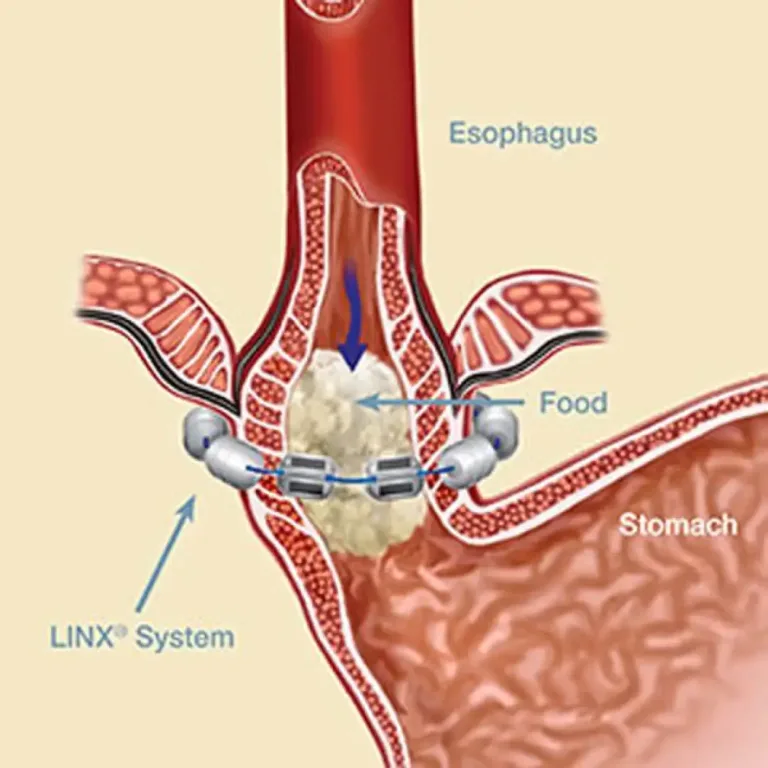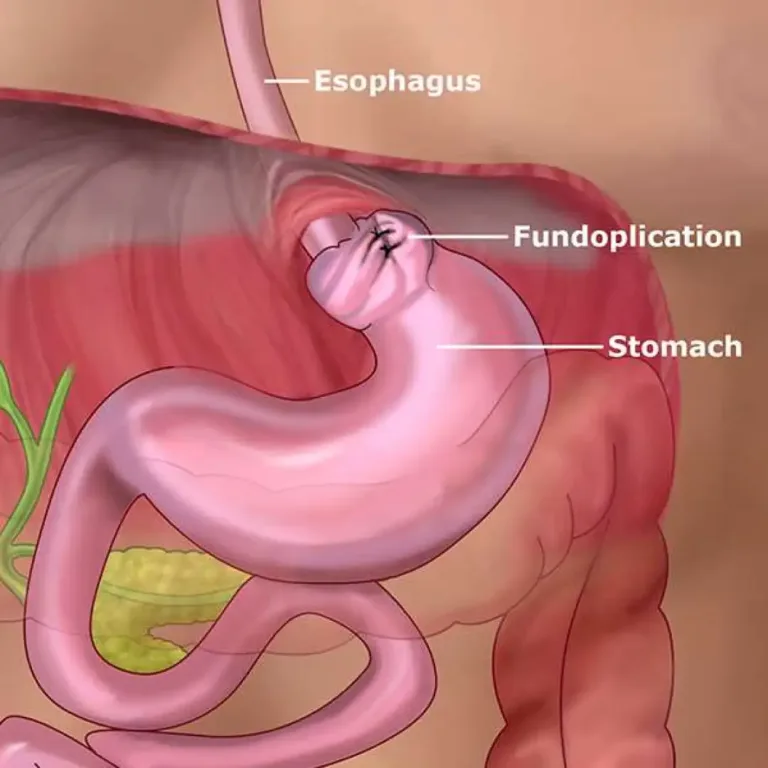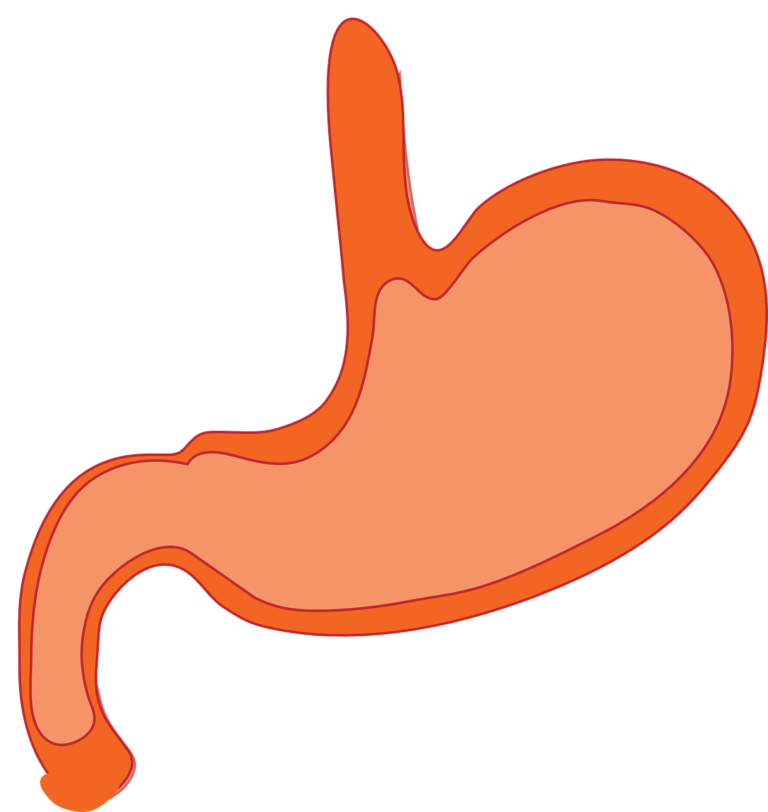Gastric ulcers, also known as stomach ulcers, are open sores that develop on the lining of the stomach. While once thought to be primarily caused by stress and spicy foods, our understanding has evolved, shedding light on various factors contributing to the formation of these ulcers.
Understanding Gastric Ulcers:
Helicobacter pylori Infection: A prevalent cause of gastric ulcers is the presence of Helicobacter pylori bacteria in the stomach. This bacterium weakens the protective mucous layer, allowing stomach acid to erode the lining and create ulcers.
Nonsteroidal Anti-Inflammatory Drugs (NSAIDs): Regular use of NSAIDs, such as aspirin and ibuprofen, can increase the risk of gastric ulcers by irritating the stomach lining and compromising its ability to resist the effects of acid.
Excessive Stomach Acid Production: Conditions that result in the overproduction of stomach acid, such as Zollinger-Ellison syndrome, can lead to the development of gastric ulcers.
Smoking and Alcohol Consumption: Both smoking and excessive alcohol intake are recognized risk factors for gastric ulcers. These substances can weaken the protective lining of the stomach.
Symptoms of Gastric Ulcers:
Burning Sensation: A common symptom is a burning pain in the stomach, often felt between meals and in the early hours of the morning.
Nausea and Vomiting: Gastric ulcers can cause feelings of nausea and may lead to vomiting, particularly if the ulcer has progressed.
Indigestion: Persistent indigestion and bloating are frequent symptoms associated with gastric ulcers.
Unintended Weight Loss: Severe cases of gastric ulcers can lead to unintentional weight loss, as the pain may deter individuals from eating.
Management of Gastric Ulcers:
Antibiotics: If Helicobacter pylori infection is identified, a course of antibiotics is prescribed to eliminate the bacteria.
Acid-Reducing Medications: Proton pump inhibitors (PPIs) and H2 blockers help reduce stomach acid, promoting healing of the ulcers.
Avoidance of Irritants: Steering clear of NSAIDs, quitting smoking, and moderating alcohol consumption are essential steps in managing and preventing gastric ulcers.
Conclusion:
Gastric ulcers are a treatable condition, and understanding their causes and symptoms is crucial for prompt intervention. Consulting with a healthcare professional allows for proper diagnosis and the development of an effective treatment plan tailored to individual needs. With the right approach, gastric ulcers can be managed, providing relief and promoting stomach health.





